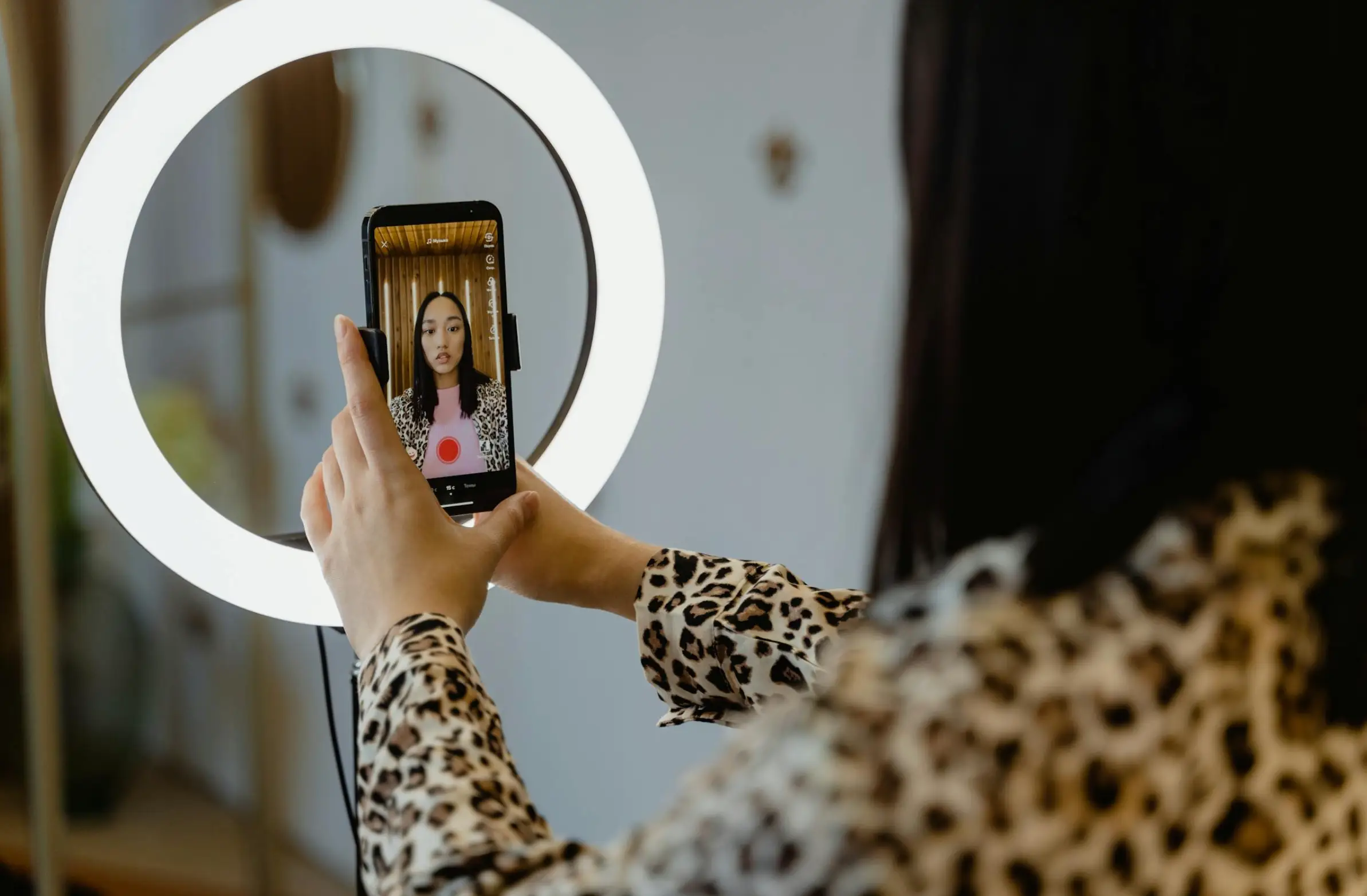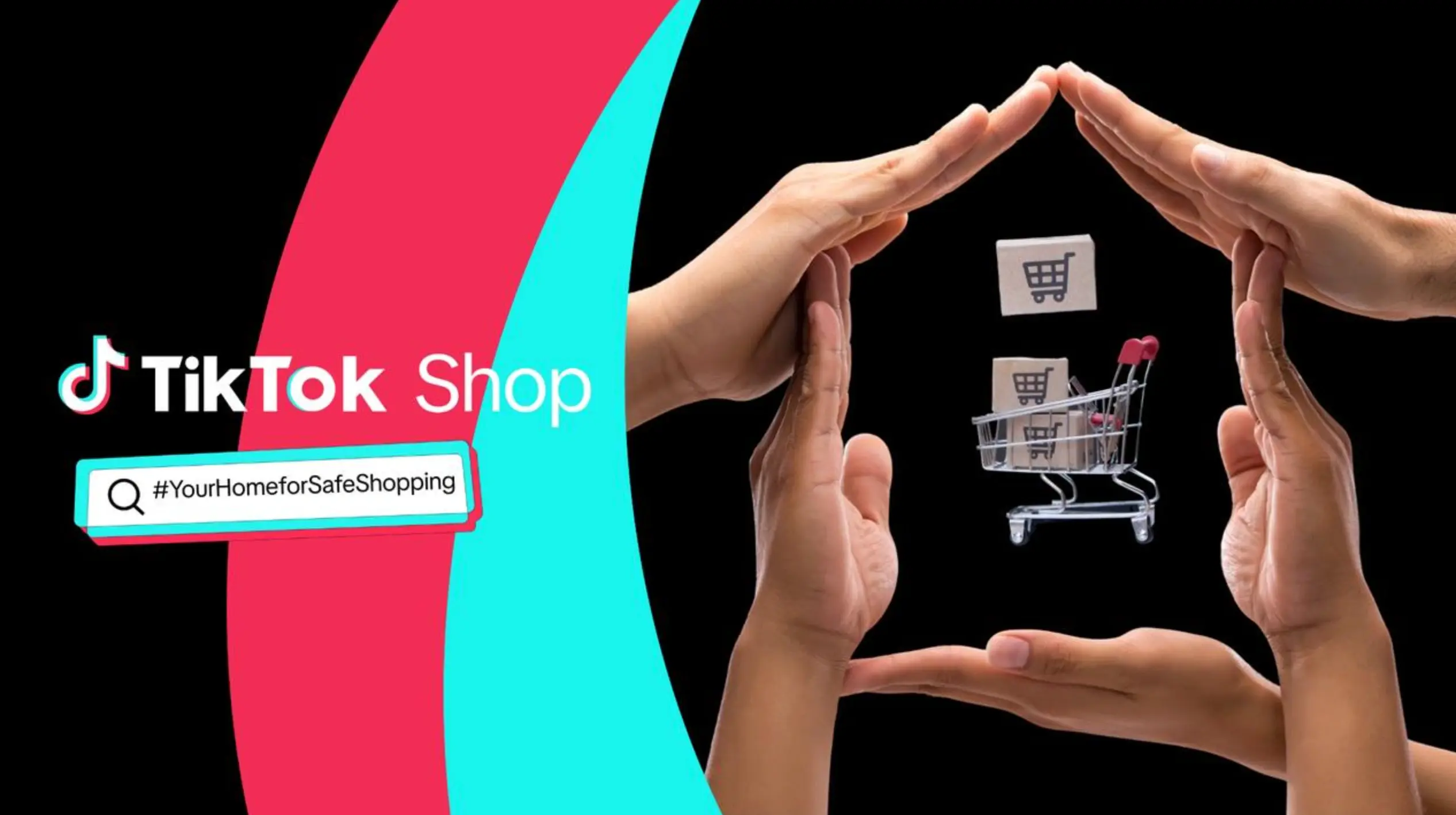Gen Z’s Influence Revives Pinterest
Updated on
Published on


Pinterest has experienced a remarkable resurgence in 2023, with Gen Z leading the charge to new heights of popularity. While Millennials may have initially popularized the platform, the influence of Gen Z has propelled Pinterest into a unique position, making it a significant player in the social media arena. This article explores the factors contributing to Pinterest's recent success, from the positive niche it occupies to its innovative forays into in-person shopping. In 2023, Pinterest witnessed a pivotal moment, largely thanks to the enthusiastic embrace of Gen Z users. Surpassing 40% of active monthly users, Gen Z has become the fastest-growing demographic on the platform, outpacing the Millennials, who initially embraced and popularized Pinterest with mood boards and wedding planning pins. Sara Pollack, Pinterest's Global Head of Consumer Marketing, notes that Gen Z-ers are actively curating aspirational boards, ranging from dream houses to ideal travel destinations and even potential romantic interests.
The platform's monthly active users reaching a staggering 482 million in the third quarter of 2023 further emphasizes this increase in Gen Z's user engagement with it. The growth in user numbers is coupled with a notable 11% year-over-year increase in revenue, signalling not only increased user engagement but also the platform's ability to monetize its offerings. What sets Pinterest apart from the crowded landscape of social media giants is its commitment to providing a positive and creative space. While other platforms often foster a competitive atmosphere based on likes and views, Pinterest positions itself as a "place of solace," according to MaryLeigh Bliss, Chief Content Officer of YPulse, a Gen Z and millennial market research firm. The absence of algorithmic competition allows users to explore and express their creativity without the pressure of comparison.
In an era where social media apps are under scrutiny for their potential harm to teens' mental health, Pinterest emerges as a platform with a different narrative. The platform's emphasis on exploration and creativity becomes a refuge, offering a space for users to find inspiration for hobbies, travel, decor, and style without the need to showcase their lives through aspirational and often expensive trends. Another factor contributing to Pinterest's popularity is its role as a visual alternative to traditional search engines. Gen Z users, in particular, are turning away from platforms like Google and embracing a more visually-oriented approach to search. Jeremy Goldman, Senior Director of Marketing, Retail, and Tech Briefings at research firm Insider Intelligence, notes that search is becoming increasingly fragmented, and Pinterest offers a unique solution. When individuals seek outfit ideas, recipes, or travel inspiration, they turn to Pinterest, where their interests connect them to products, breaking away from the constraints of social connections.
Despite Pinterest's undeniable success, it is still a small fish in a sea of social media giants like YouTube, TikTok, Snapchat, and Instagram. Without specifically mentioning Pinterest, more than half of teens use each of these platforms, according to a recent Pew Research survey. However, Pinterest holds a unique position, as revealed in a 2023 survey from Forrester, where 33% of adults under 25 rated Pinterest as the "coolest" social media site. This places Pinterest ahead of Instagram and Snapchat, with TikTok, Facebook, and X lagging behind in the coolness factor.
Pinterest's success isn't solely attributed to its role as an inspirational haven but also to its strategic integration of shopping elements. The pop-up shop in New York City's Meatpacking District stands as a testament to Pinterest's evolving marketing strategy. While none of the items in the store were for sale, users could scan QR codes on products to make direct purchases. This marks one of Pinterest's initial forays into in-person shopping, aligning with the company's broader push to be a platform where users discover items they like and seamlessly transition to purchasing them. Sara Pollack emphasizes that 84% of Gen Z-ers actively look to Pinterest for products to buy. This aligns with Pinterest's broader goal of connecting every pinned item to a direct purchasing option. With features like direct shopping links, visual discovery, and integrated ads, Pinterest is positioning itself as a platform that caters to the interests of marketers and retailers.
In 2022, Pinterest launched the Shuffles app, further solidifying its position as a hub for creativity and consumerism. Shuffles allows users to create animated mood boards, combining self-taken photos with images from Pinterest's extensive library. While Shuffles and Pinterest as a whole are creativity-driven, they also play a pivotal role in influencing purchasing decisions. Luxury brands are paying close attention to the styles and trends that users are pinning, adapting their strategies to align with consumer preferences.
For the fourth consecutive year, Pinterest is leveraging its wealth of user data to forecast the top consumer trends across various categories for 2024, ranging from home decor to food, beverage, and beauty. Pinterest, always at the forefront of predicting trends, has already unveiled some anticipated themes for 2024. From "grandpa style" clothes to images of people playing badminton and even the emergence of "jellyfish haircuts," Pinterest continues to capture the imagination of its diverse user base. However, the real challenge for Pinterest lies in maintaining Gen Z's attention beyond the fleeting nature of trends. The platform's ability to evolve and adapt will determine its sustained relevance in the dynamic landscape of social media.

Celebrating the release of its 2024 predictions report, Pinterest has unveiled its first-ever pop-up store in New York City, allowing customers to both shop and experience the anticipated trends of the coming year. With 482 million monthly active users turning to Pinterest for inspiration and planning, the platform captures valuable insights through search terms, saved pins, and more, providing a meaningful and measurable understanding of consumer behaviour. Sydney Stanback, Pinterest's global trends and insights lead, emphasizes that people come to Pinterest not merely to passively scroll but to actively feed their inspiration, fostering a planning mindset that translates into concrete purchase intent. More than 50% of Pinterest users view the site as a shopping destination, and there has been a 50% increase in user clicks and saves on shoppable pins, underscoring its role as a source of useful insights for brands. To capitalize on this behaviour, Pinterest has launched its first physical pop-up store in NYC, featuring both the predicted trends for 2024 and a curated selection of products aligned with these trends. For those not in New York, an online store, the Pinterest Predicts Shop, has been created, offering users the opportunity to shop trending items from the comfort of their homes. This physical pop-up serves as a testament to Pinterest's ambition to showcase its trend prediction capabilities across various categories and monetize on this expertise, signalling its aspiration to become a significant shopping destination. According to Stacy Malone, vice president of global marketing at Pinterest, 80% of the trends predicted for last year materialized in 2023, making Pinterest's insights a trustworthy source of information for advertisers, marketers, and brands to stay current with cultural trends and comprehend clear purchase intent.
Pinterest's immersive pop-up shop, set to last five days, features dozens of products tied to the 23 identified trends, ranging from jellyfish-inspired home decor to a heightened café culture, blue beauty, and 'eclectic grandpa' fashion inspiration. This physical activation follows a trend seen in other media platforms, such as Spotify's 'Wrapped Café,' which opened last year in Paris. Like Pinterest, Spotify utilized physical retail to engage with its users, creating an immersive space where visitors could control the venue's playlist, personalize tee-shirts, and play wrapped-inspired arcade games. Both Pinterest and Spotify showcase the power of utilizing user data to craft insightful and valuable stories for brands and consumers. Spotify has transformed its marketing campaign into an eagerly anticipated annual event, while Pinterest facilitates curated purchases directly linked to users' search for inspiration, demonstrating that when harnessed effectively, data becomes an extremely resourceful tool.
Pinterest's resurgence is a testament to its ability to evolve with the times and cater to the changing preferences of its user base. Gen Z's embrace of the platform, coupled with Pinterest's commitment to fostering a positive and creative space, has propelled it into a unique position in the social media landscape. As Pinterest continues to integrate shopping elements and adapt to the evolving needs of its users, its influence is likely to persist, challenging even the giants of the social media industry. The real test for Pinterest will be its ability to not only predict trends but to remain a constant source of inspiration and creativity for its ever-expanding audience.







